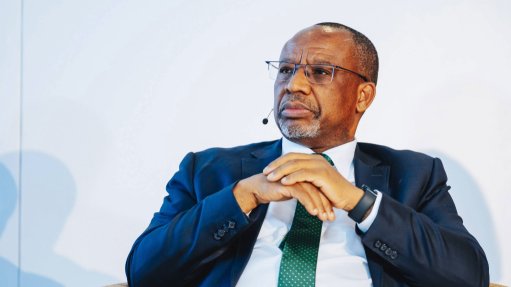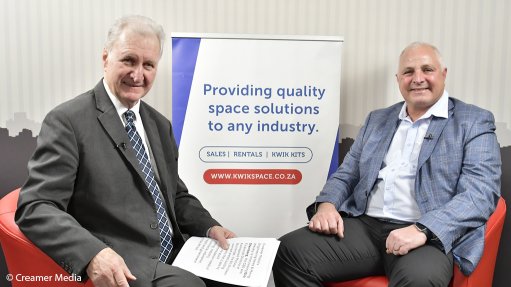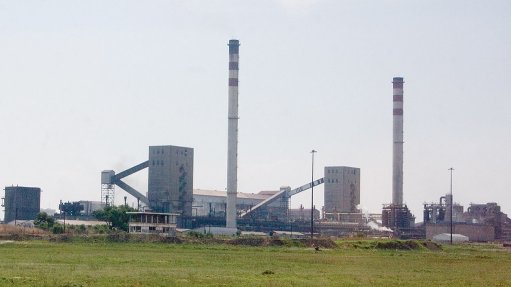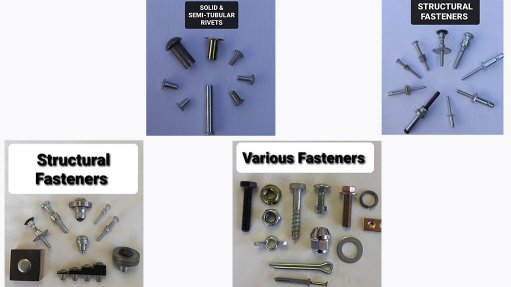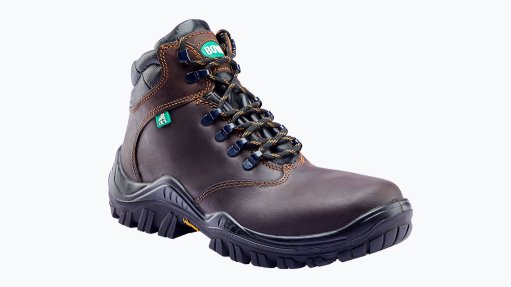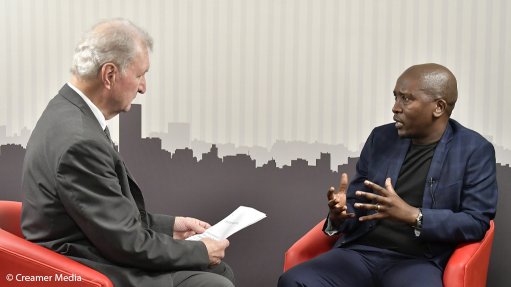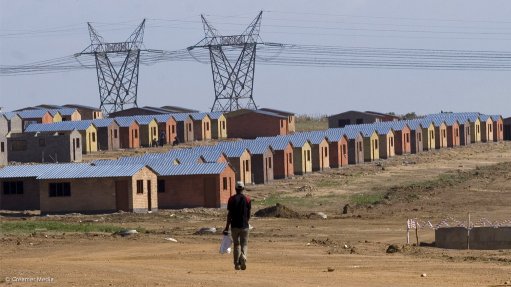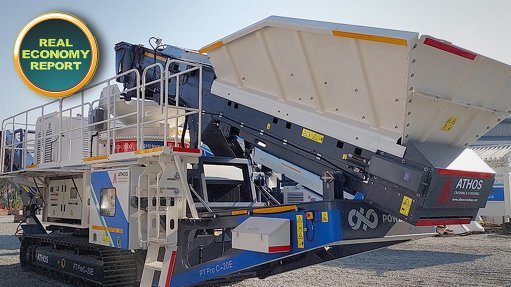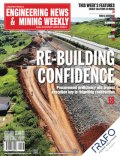Basotho’s affinity for South Africa
One man’s meat is another man’s poison indeed. While scores of South Africans have emigrated to countries like Australia, New Zealand, Canada and the UK over the past two decades-plus – citing all sorts of reasons, including concerns over safety and security – about half of Lesotho nationals dream of the day when their country will be incorporated into South Africa. But the million-dollar question is whether this will ever materialise.
Believe me, that Basotho yearn to be citizens of Mzansi is not a figment of my imagination. A new study by Afrobarometer, a pan-African outfit that conducts attitude surveys on democracy, governance, economic conditions and related issues pertaining to the continent, reveals that 52% of Basotho believe their country will never develop economically unless it becomes part of South Africa, which completely surrounds it.
A much higher proportion of respondents – 77% – favour dual citizenship with their bigger neighbour, but the kingdom’s Constitution forbids this. Support for dual citizenship is shared by all major socio- economic groups, but is highest among those who reside in peri-urban areas, at 87%. Huge chunks of the urban and rural folk – 80% and 76% respectively – also want to be Basotho-South Africans. This affinity for Mzansi knows no age, with support for dual citizenship ranging from 73% for those older than 46 to 75% for the 36 to 45 age bracket, 79% for the under-twenty-fives and 83% for those aged 26 to 35.
It is not too difficult to understand why most Lesotho nationals desire stronger ties with South Africa. With unemployment in their own country at 28.7% and many believing that their government is out of its depth when it comes to job creation, South Africa, being the continent’s economic powerhouse, is an obvious attraction.
Despite 65% of respondents lamenting that they find it “difficult” or “very difficult” to cross the border with South Africa, an estimated 400 000 Basotho live and/or work in this country, legally or otherwise. This has prompted the South African government to introduce a special permit allowing those who qualify to live, work or study in South Africa. Zimbabweans are beneficiaries of a similar arrangement.
Surprisingly, Zimbabwe was mentioned by 55% of respondents as a potential destination for those thinking of voting with their feet against the grinding poverty in Lesotho, where 57% of the 1.96-million- strong population live below the poverty line. They obviously have no idea that Zimbabwe is no longer the breadbasket of Africa that Robert Mugabe inherited in 1980.
Whereas large numbers of Basotho and people from elsewhere on the African continent, as well as those from as far afield as Bangladesh and Pakistan, have moved to South Africa, an estimated 520 000 people emigrated from Mzansi from 1989 to 2003, with the number reportedly increasing by 9% a year since then. We will never know the exact figure, since the Department of Home Affairs does not keep track of citizens who emigrate. But a White Paper gazetted in July 2017 could culminate in a stipulation that those planning to be out of the country for three months or longer notify the department.
Besides safety and security concerns, the other factors fuelling emigration include a lack of confidence in the country’s future, declining standards of living, prospects of higher earnings, a desire to secure a better future for one’s children and the perception among some that government’s transformation policy limits their opportunities in this country.
My advice for those thinking of packing their bags is to read Don’t Panic! A Book by South Africans, for South Africans, which was compiled by the son and namesake of erstwhile telecommunications boss Alan Knott-Craig and published a decade ago. He cites a former South African business- person living in London: “I am an invisible, anonymous person. I have to start from the beginning – just a number in a queue. There is no family history, credit rating, general practitioner or greengrocer – it’s hard to start all over again.”
Comments
Announcements
What's On
Subscribe to improve your user experience...
Option 1 (equivalent of R125 a month):
Receive a weekly copy of Creamer Media's Engineering News & Mining Weekly magazine
(print copy for those in South Africa and e-magazine for those outside of South Africa)
Receive daily email newsletters
Access to full search results
Access archive of magazine back copies
Access to Projects in Progress
Access to ONE Research Report of your choice in PDF format
Option 2 (equivalent of R375 a month):
All benefits from Option 1
PLUS
Access to Creamer Media's Research Channel Africa for ALL Research Reports, in PDF format, on various industrial and mining sectors
including Electricity; Water; Energy Transition; Hydrogen; Roads, Rail and Ports; Coal; Gold; Platinum; Battery Metals; etc.
Already a subscriber?
Forgotten your password?
Receive weekly copy of Creamer Media's Engineering News & Mining Weekly magazine (print copy for those in South Africa and e-magazine for those outside of South Africa)
➕
Recieve daily email newsletters
➕
Access to full search results
➕
Access archive of magazine back copies
➕
Access to Projects in Progress
➕
Access to ONE Research Report of your choice in PDF format
RESEARCH CHANNEL AFRICA
R4500 (equivalent of R375 a month)
SUBSCRIBEAll benefits from Option 1
➕
Access to Creamer Media's Research Channel Africa for ALL Research Reports on various industrial and mining sectors, in PDF format, including on:
Electricity
➕
Water
➕
Energy Transition
➕
Hydrogen
➕
Roads, Rail and Ports
➕
Coal
➕
Gold
➕
Platinum
➕
Battery Metals
➕
etc.
Receive all benefits from Option 1 or Option 2 delivered to numerous people at your company
➕
Multiple User names and Passwords for simultaneous log-ins
➕
Intranet integration access to all in your organisation








